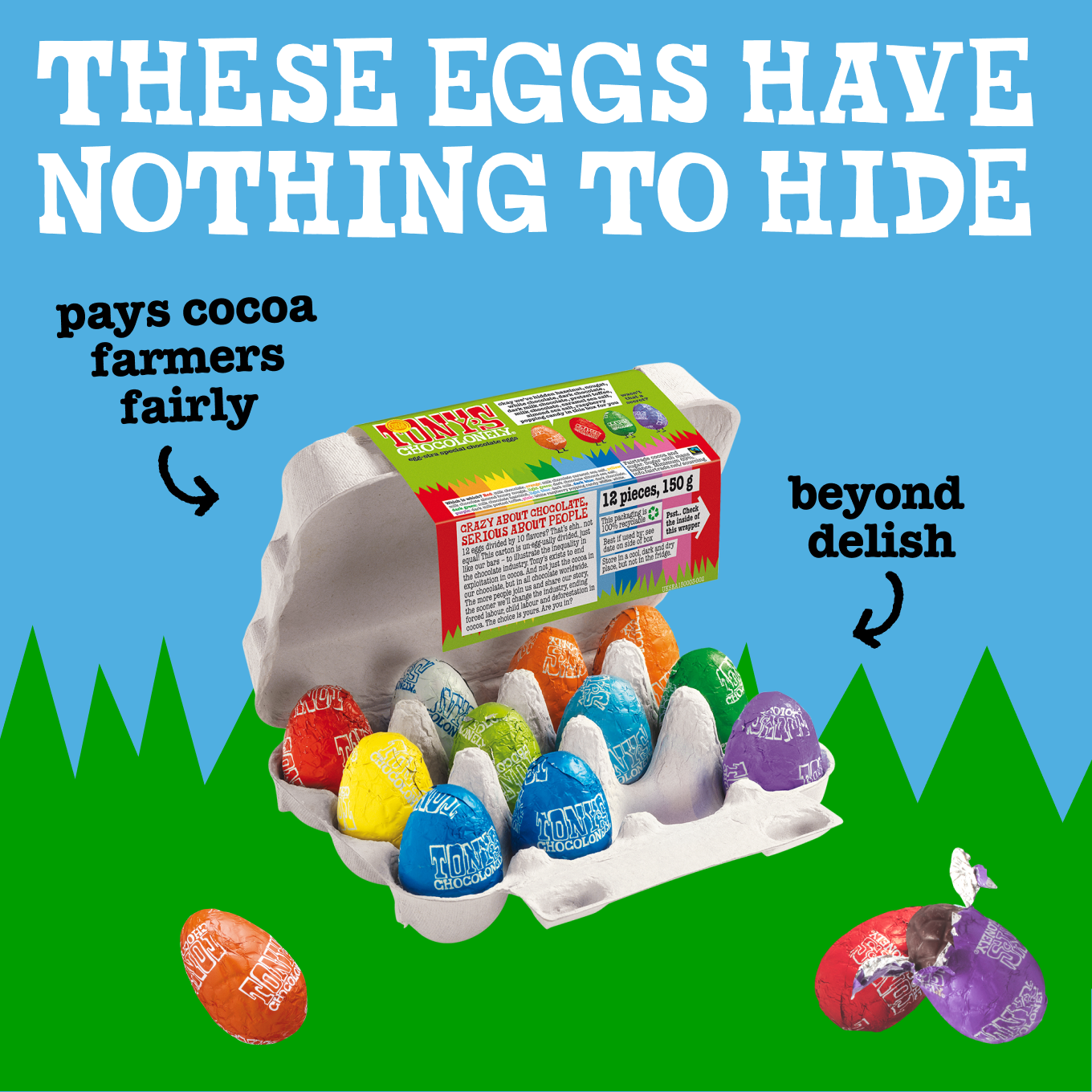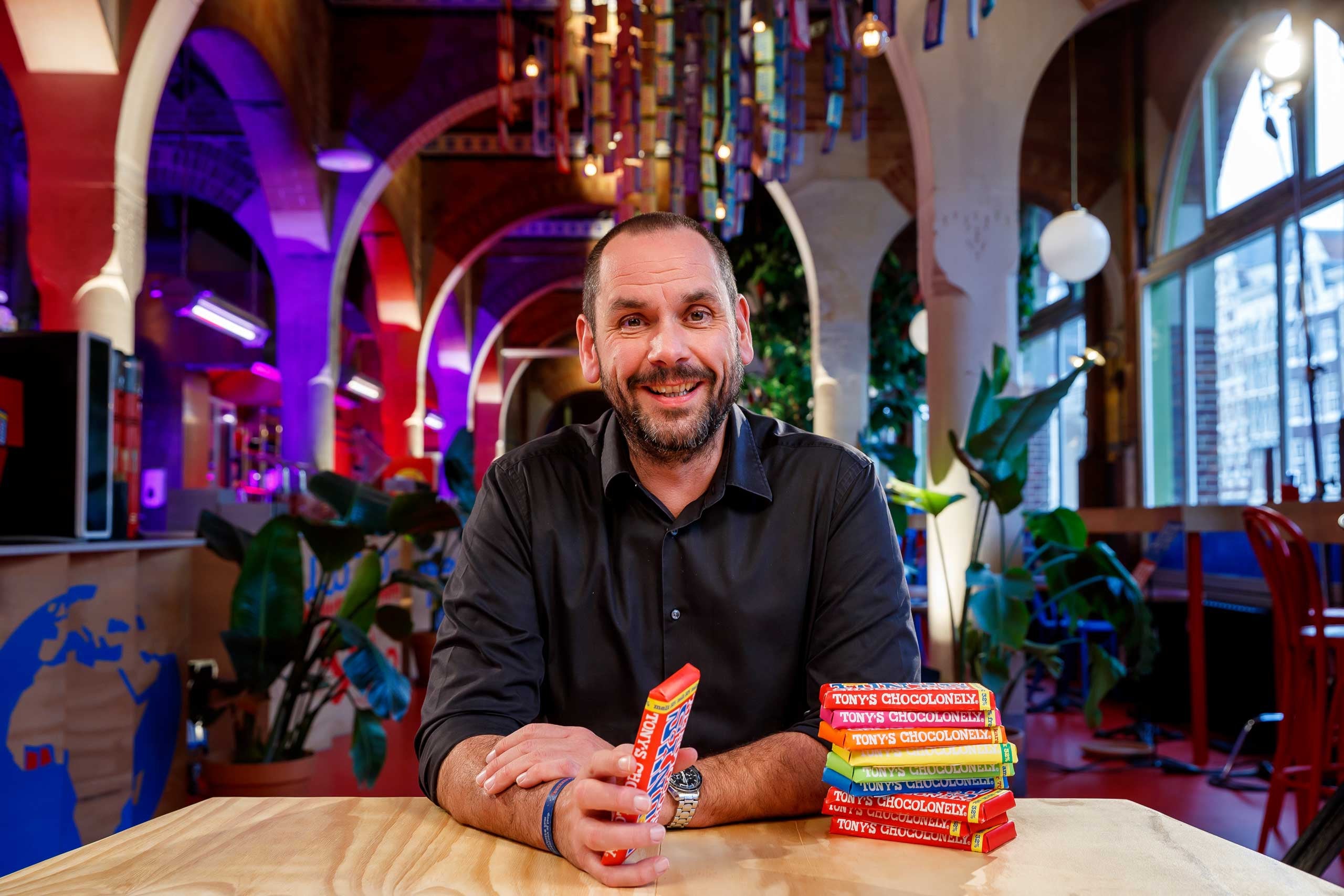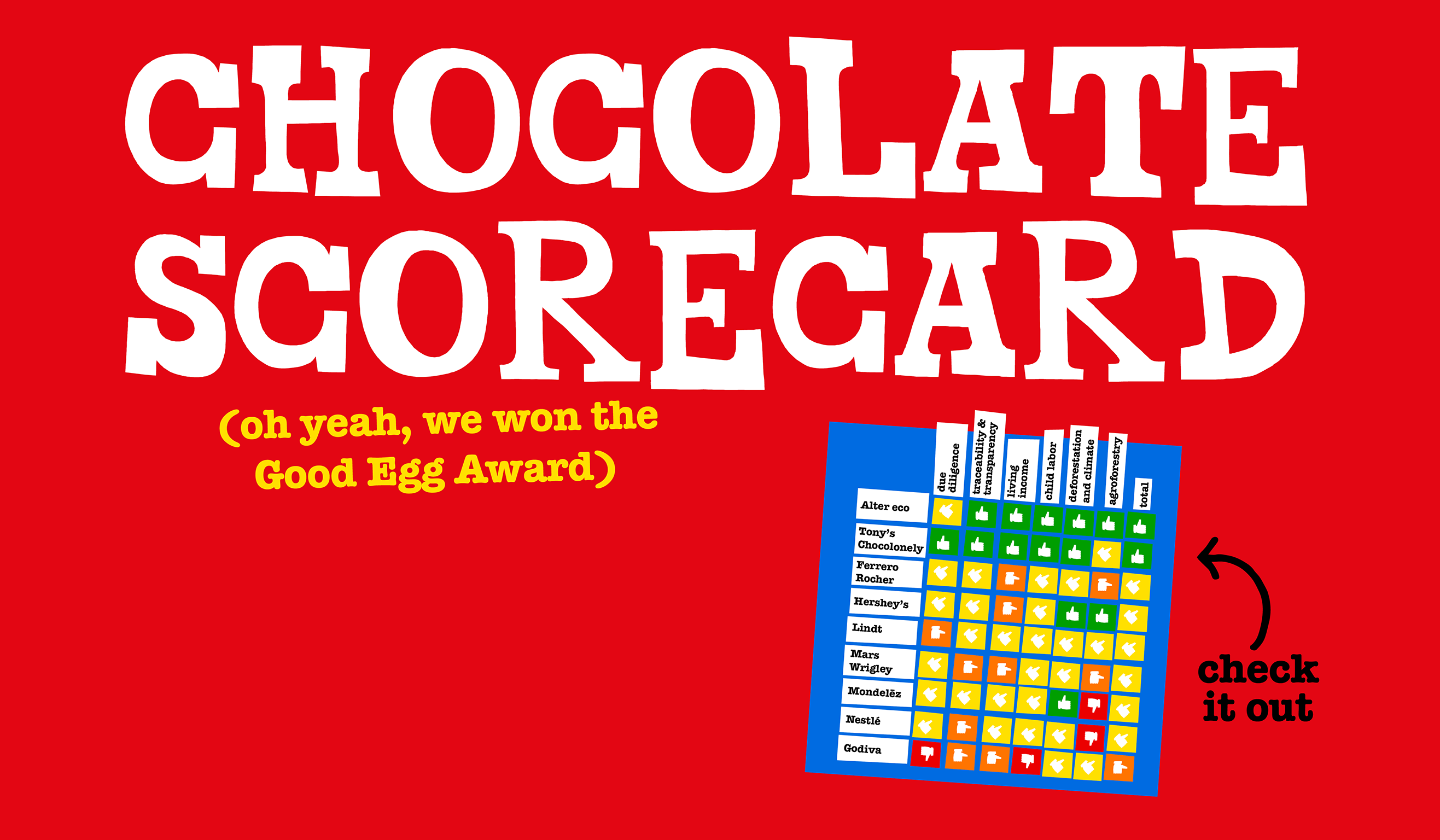our structured approach to fight child labor in Ghana + Côte d’Ivoire
Child labor remains a prevalent problem in the cocoa supply chain due to severe poverty – as well as a lack of awareness. Children helping their parents out on the farm is not illegal, but the exposure to hazardous activities – as well as working long hours – is. Additionally, there are cases where children are forced to work away from their family and do not have the option to stop. Child labor is far more common than forced labor, occurring in different levels of severity as defined by the International Labor Organisation (ILO).
To drive down child labor, we use a rights-based approach. This means we work to protect the dignity of every child found to be in child labor.
We do this by implementing the Child Labor Monitoring and Remediation System – CLMRS for short. This system was developed by ILO and adapted for the cocoa industry by the International Cocoa Initiative (ICI) + Nestlé.
CLMRS helps the co-ops we work with to identify instances of child labor, find alternative solutions and prevent the use of child labor by raising awareness. The CLRMS aims to get a child out of child labor within a period of 6 to 12 months after the case is found. The cooperatives, with support from ICI and Tony’s, roll out the system to all their members, moving beyond the farmers we work with to try and reach the entire community.







